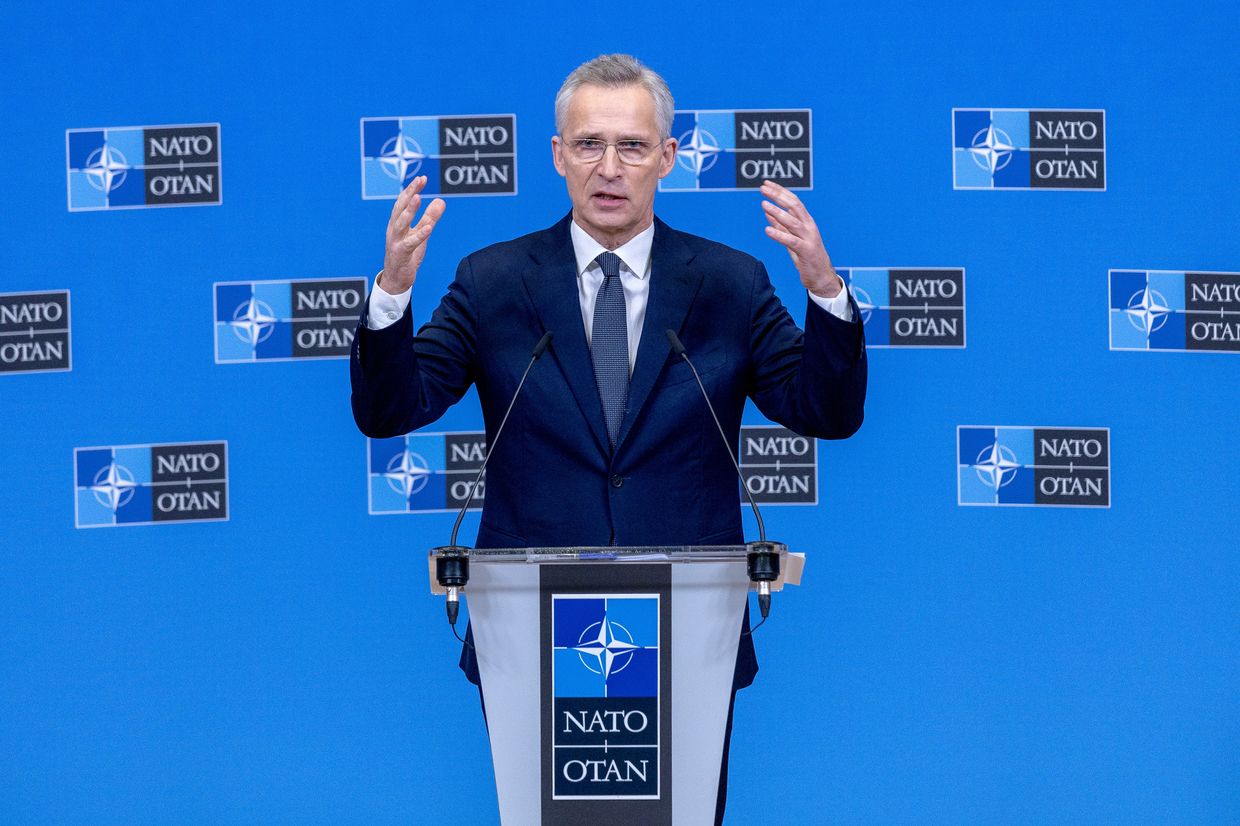Swedish FM: EU's next Russia sanctions package must target shadow tanker fleet, LNG imports

The EU's upcoming 14th sanctions package must curb Russia's ability to circumvent oil sanctions through its shadow fleet of tankers, Swedish Foreign Minister Tobias Billstrom said on April 22, Reuters reported.
The European bloc has already adopted 13 packages in response to Russia's full-scale invasion of Ukraine, aiming to undermine Moscow's economic output and the ability to sustain the war.
Earlier this month, EU Executive Vice President Valdis Dombrovskis said that the 14th package is in the works and will likely include measures aimed at Russia's sanctions circumvention, namely when it comes to maritime oil trade.
"Adopting the 14th sanctions package is one of the most important things," Billstrom said when he arrived in Luxembourg for a ministerial EU meeting.
"We will see to it that we both include an import ban on liquefied natural gas (LNG) as well as measures to curb the Russian shadow fleet."
The EU, the U.S., and the Group of Seven (G7) countries imposed a $60-per-barrel price cap on Russian seaborne oil in December 2022 as part of the effort to cut Moscow's fossil fuels revenue.
While initially successful, Russia eventually managed to largely dodge the effects by using a "shadow fleet" of uninsured tankers. Kyiv's partners have been intensifying their efforts to enforce the cap.
Despite the efforts to wean itself from Russian energy supplies, European countries continue to buy large volumes of Russian LNG. The European Parliament voted on April 11 to pass rules allowing member states to ban Russian LNG imports, while some countries, such as the U.K., Latvia, and Lithuania, have already taken the step unilaterally.
The Foreign Affairs Council session held on April 22 in Luxembourg will focus on Russia's ongoing war against Ukraine and feature online addresses by Ukraine's Foreign Minister Dmytro Kuleba and Defense Minister Rustem Umerov.
The discussion on the 14th package is in its early stage and is unlikely to be completed during this meeting, Reuters noted.












